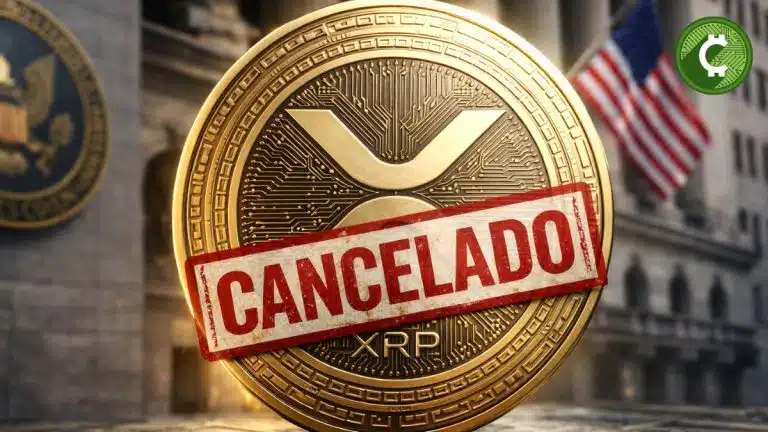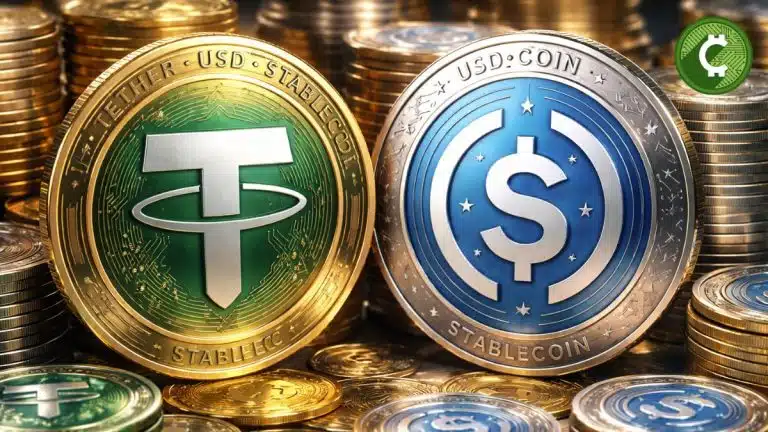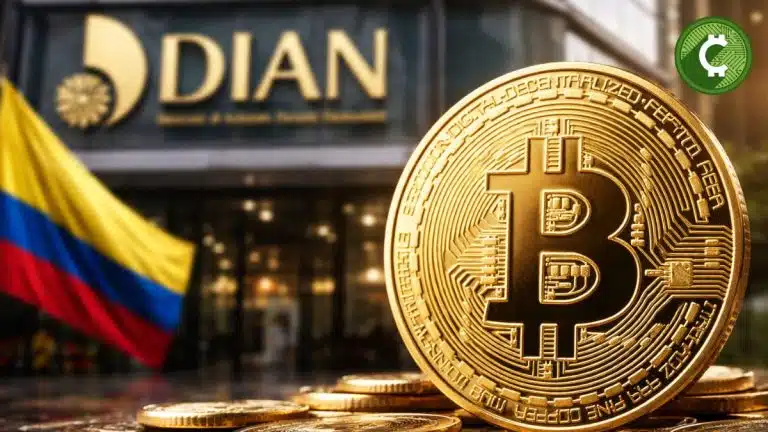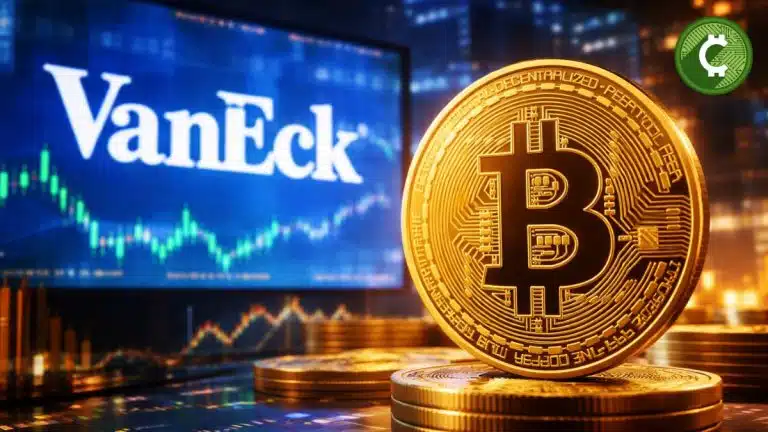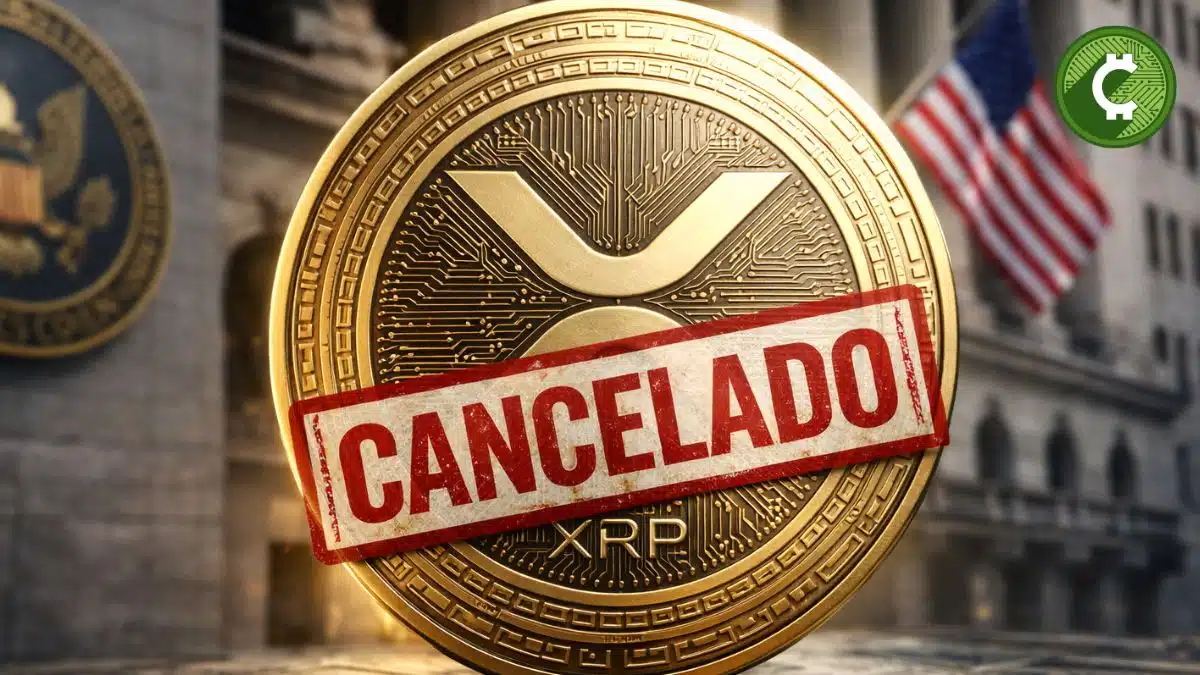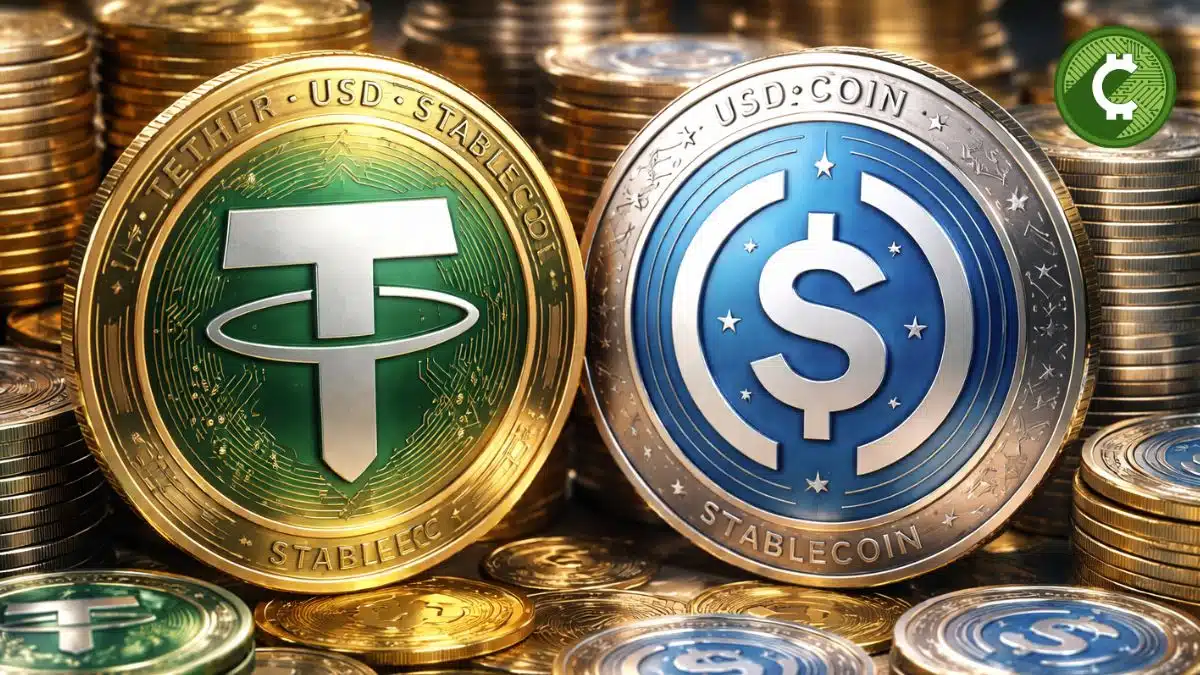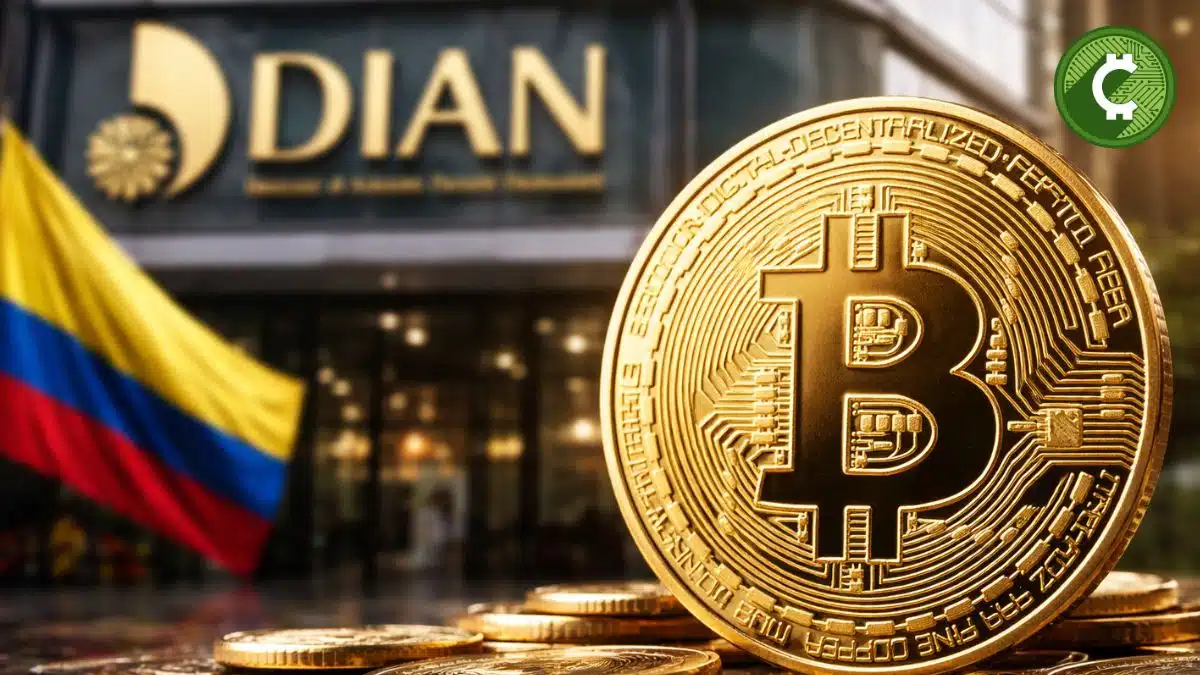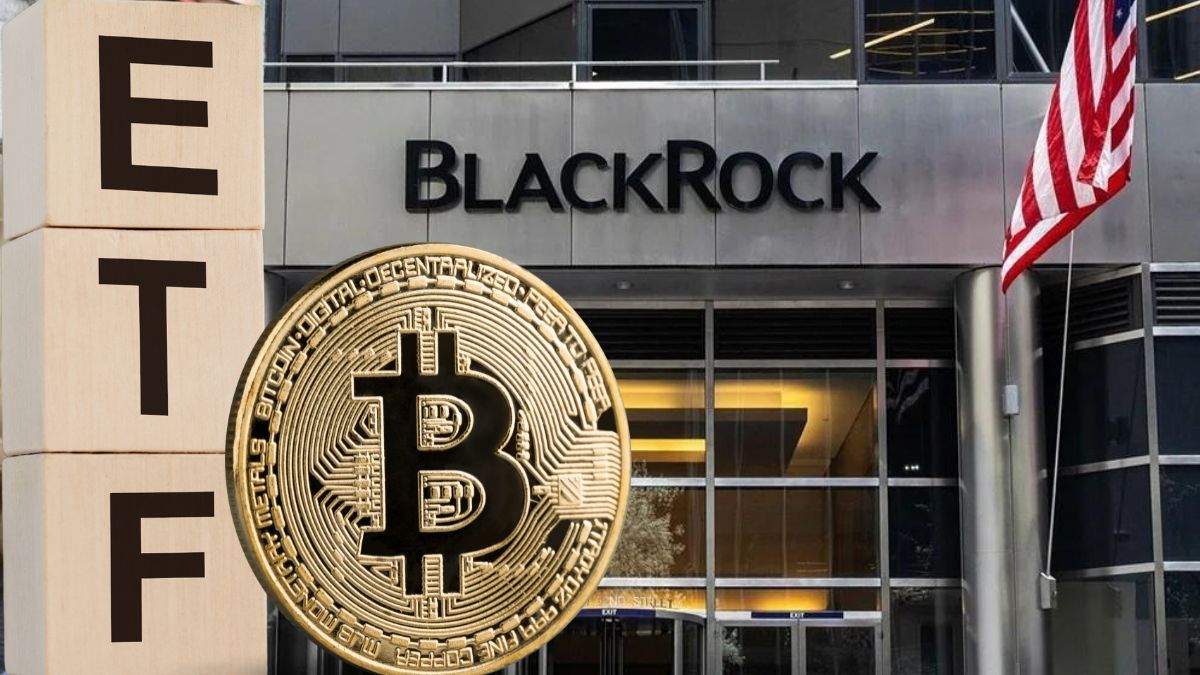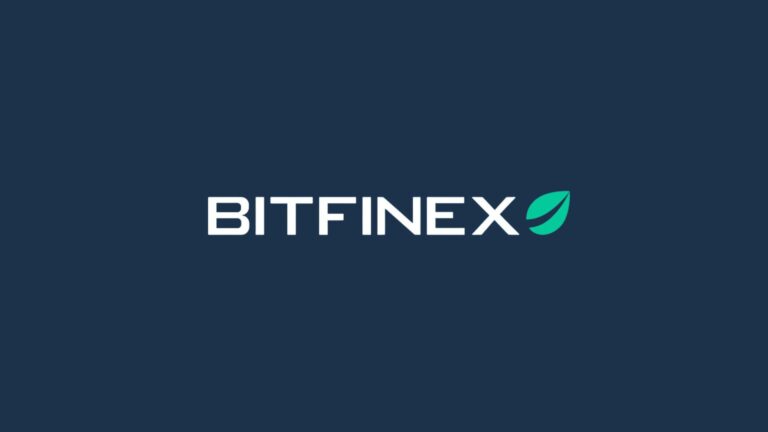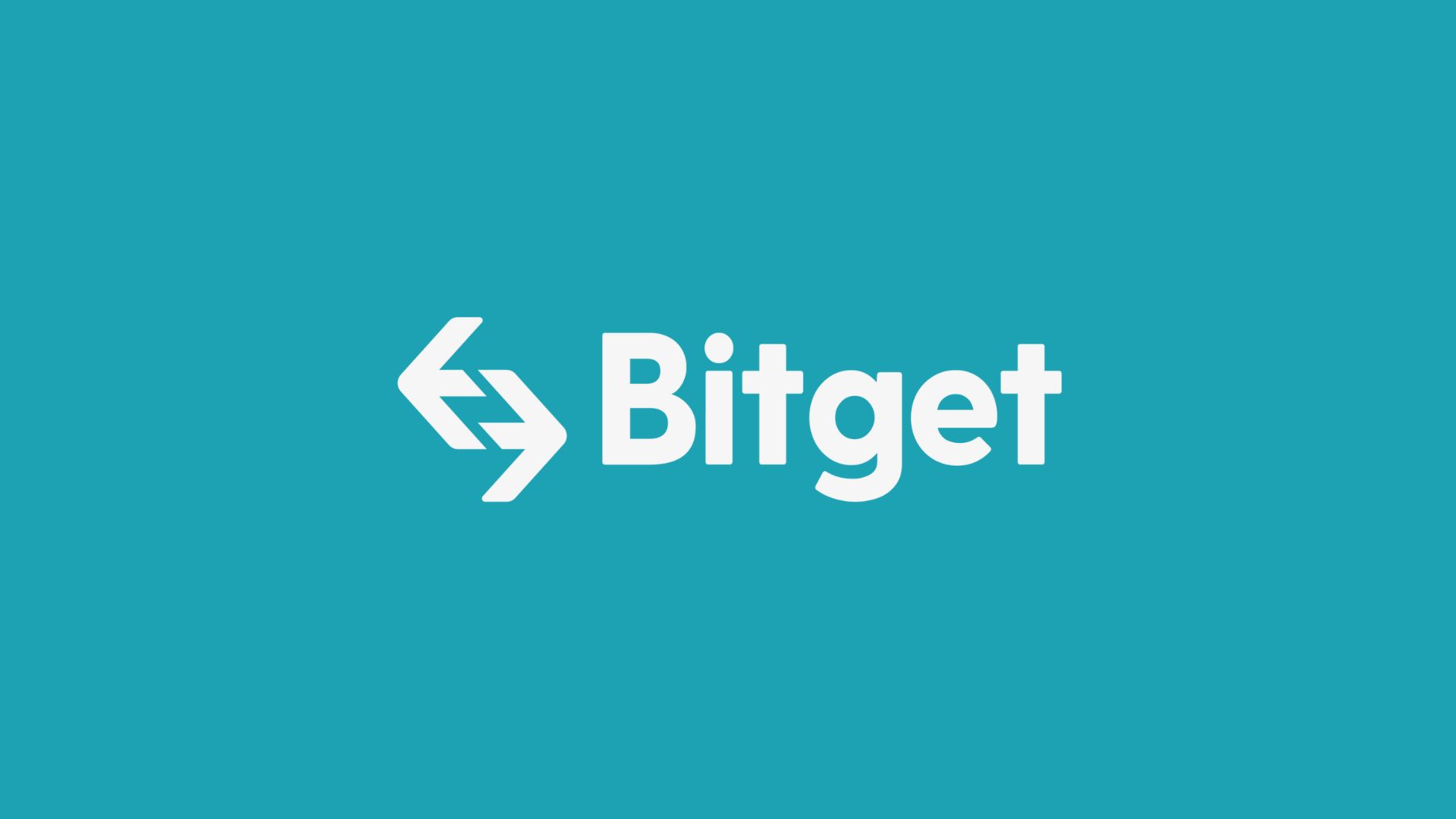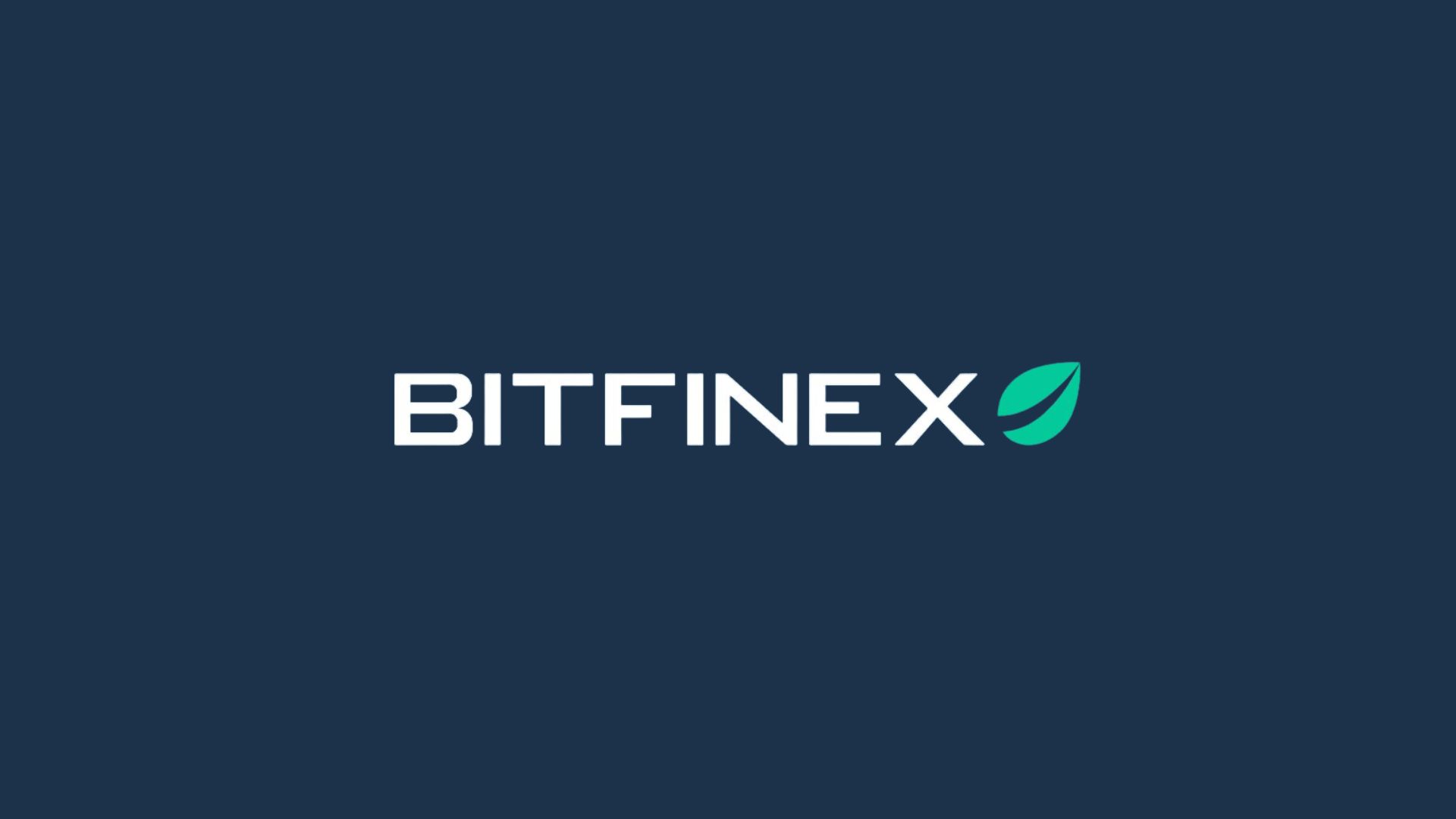En respuesta a un tweet realizado por Joe Weisenthal de BloombergTV, Thomas Lee de Fundstrat tuiteó recinemtente que, en su opinión, más del 50% del volumen de los ETF proviene de inversionistas institucionales.
El Co-presentador de BloombergTV, ¿Qué te perdiste? Joe Weisenthal preguntó si los agentes minoristas ofrecen operaciones con Bitcoin a lo largo del tiempo si eso esencialmente hace que un ETF de Bitcoin sea obsoleto. Argumenta que todo el atractivo de un ETF era que proporcionaba una forma fácil de comprar Bitcoin a través de una cuenta de corretaje regular, pero si es tan fácil de comprar, un ETF de Bitcoin tiene tanto sentido como un ETF de Microsoft.
If retail brokers, over time, offer Bitcoin trading. Is a Bitcoin ETF basically obsolete at that point? Whole appeal of an ETF seemed to be an easy way to buy Bitcoin via a regular brokerage account. If it's easy to buy, then a Bitcoin ETF makes as much sense as a MSFT ETF
— Joe Weisenthal (@TheStalwart) 6 de mayo de 2019
Como tal, Lee sostiene que debido a que la mayoría del volumen de los ETF proviene de inversores institucionales, en realidad no está orientado hacia los inversores minoristas. Además, un ETF de Bitcoin es muy importante, especialmente porque simplifica la administración de claves para un inversor minorista.
I believe >50% of ETF volume is institutional investors (HF, etc) so it is not necessarily a retail product. And similarly, a bitcoin ETF would be a big deal. Especially since it does simplify key management for a retail investor https://t.co/ksmt10ypnU
— Thomas Lee (@fundstrat) 7 de mayo de 2019
Gabor Gurbacs, estratega de activos digitales y director de VanEck respondió, proporcionando una lista de beneficios adicionales de un ETF:
Additional potential ETF benefits:
— Gabor Gurbacs (@gaborgurbacs) 6 de mayo de 2019
– automatic dividend reinvestments
– potentially lower cap gains tax via in kind transactions
– additional liquidity via the AP system
– protections of security status, laws and regulations (1933/1940 Act)
– improved pricing+management standards
Otros proporcionaron comentarios similares:
Additionally, the tight spreads and ability to borrow, makes it highly likely that a Bitcoin ETF (and other crypto ETFs) would make it much easier for market makers and crypto funds in the US to hedge. Compare SPY to S&P futures and one sees this phenomenon…
— David Weisberger (@daveweisberger) 7 de mayo de 2019
Hodlonaut, sin embargo, tomó un enfoque diferente:
Thats is initial all good narrative of an ETF, but later when all get comfortable with ETFs they gonna issue more ETF then there is $BTC they should represent.. and this is how they gonna control supply n demand which will reflect in price..
— hodlonaut neo_wolf (@Crypto_neowolf) 7 de mayo de 2019
See what ETF did to gold..


